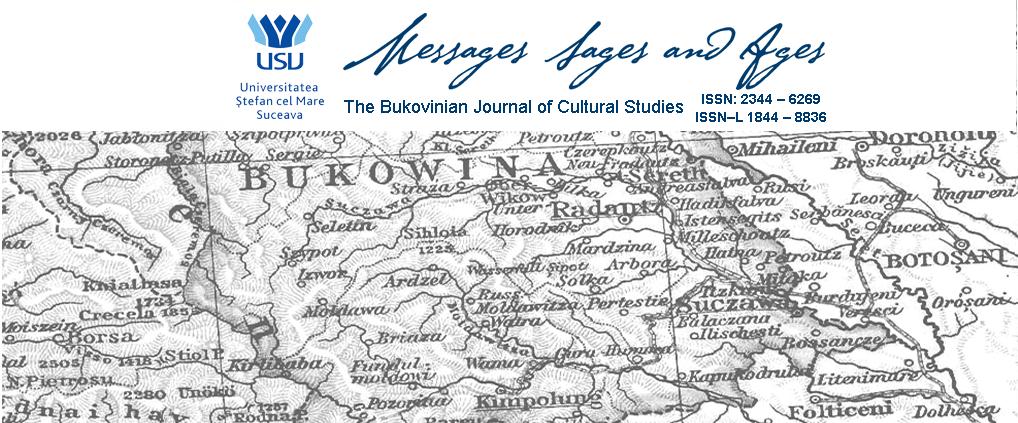“Intercultural Conversations”
The academic journal Messages, Sages and Ages (http://www.msa.usv.ro/), based at the English Department, University of Suceava, Romania, invites contributions for an issue on intercultural conversations. The theme issue is edited by Aoileann Ní Éigeartaigh (Dundalk Institute of Technology).
After decades of optimism about the role of multiculturalism in the creation of more flexible, liberal and nuanced narratives of identity, the re-emergence of right-wing nationalism across the western world has thrust the more divisive language of borders and divisions predicated upon race, ethnicity and religion into public discourse once again. In such a context, many writers emphasize the role cultural texts play in constructing spaces where such oppositions can be challenged and cross-cultural engagement facilitated. James Conroy argues that poetry – and indeed all imaginative texts and practices – is at its heart a liminal force, employing metaphorical language, ambiguity and ingenious imagery to resist any attempt to control and limit ideas about culture and identity. He suggests that the poetic text demands of the reader a particularly engaged and active type of reading, which in turn facilitates the development of a critical perspective that challenges inherited meanings and encourages the creation of new insights.
This volume would like to celebrate the role played by writers and other artists in initiating the kind of intercultural conversations necessary to transcend the political, geographical and cultural borders erected in the name of nationalism. Travelling to other countries and engaging with other cultures have always been a source of inspiration for writers and artists. Many writers who travel consciously seek to absorb alternative traditions in order to enrich their own imaginations and narrative voices. Wolfgang Welsch uses the term “transculturality” to suggest the complex interconnections that result from this willingness to absorb other cultures, with writers not simply juggling different identities, but creatively mixing them together to form new, hybridized and polyvalent perspectives. Gloria Anzalduá’s definition of the mestiza as one who embraces multiplicity, transcending boundaries and developing a “wild tongue”, links the crossing of borders with the development of a new language, which can challenge hegemonic ideas about national, racial, gender and sexual identities. This active engagement involves opening one’s own creativity up to the language and rhythms of different cultures, and the development of a dynamic and inclusive poetic voice.
Possible topics may include (but are not limited to):
- Writers/artists who consider themselves to have dual identities
- Writers/artists who travel widely and infuse their work with the ideas and influences they encounter
- Writers/artists who acknowledge the influence of other cultures on their work
- Writers/artists who translate the work of other writers
- Writers/artists who seek to engage other writers in intercultural exchanges
- Writers/artists who look through the eyes of other cultures in order to develop new perspectives on their own countries
We welcome original papers in English and invite proposals (no more than 9,000 words) from senior as well as junior academics. The blinded manuscript, abstract (cca. 200 words) with 5 keywords, and brief curriculum vitae (cca. 300 words) should be in Word and PDF format. Each electronic copy must be sent by email attachment to: msa@usv.ro AND msa_usv@hotmail.com.
Submission deadline: 1 June 2020
